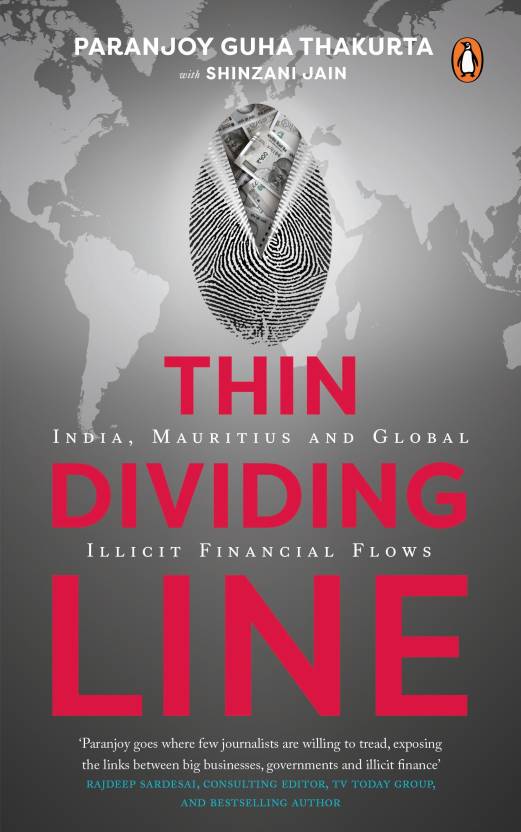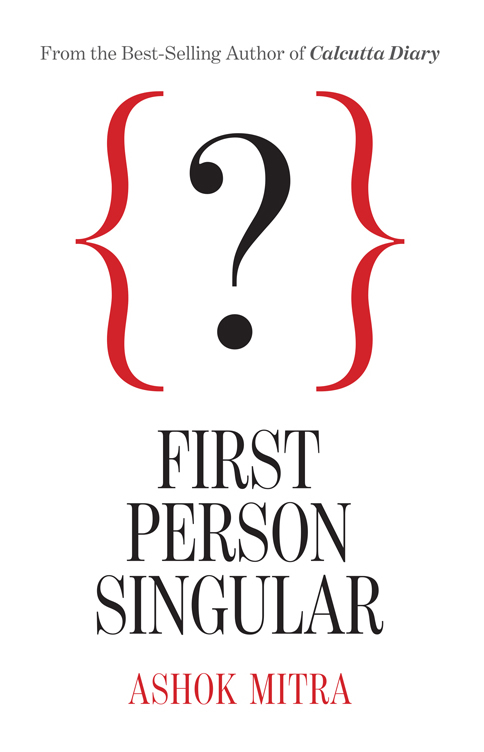For the diminutive, bespectacled, dhoti-clad Bengali babu, the short distance on Raisina Hill between North Block and Rashtrapati Bhavan represents the final lap in a long journey that began more than four decades ago. Pranab Mukherjee has successfully reached the pinnacle of his career. But his movement away from the hurly-burly of active politics can only weaken the already-beleaguered second United Progressive Alliance government in Delhi. That’s one paradox.
As Pranab babu enjoys his walks on the manicured lawns of what used to be the British Viceroy’s palace (with not less than 360 rooms in its four floors), the government he leaves behind will lurch from crisis to crisis till the next general elections take place. That’s another paradox. A little over a quarter century ago, he was Union Finance Minister when Manmohan Singh was the Mumbai-based Governor of the Reserve Bank of India. Pranab babu was named Euromoney magazine’s ‘Finance Minister of the Year’ eleven years before Dr Singh received the same accolade in 1993. The former will probably remain ensconced in his new position long after the latter demits office.A few well-known personal details about Pranab babu are worth recounting.
Born on 11 December 1935, he is barely three years younger than the Prime Minister. He shares Dr Singh’s humble origins: both had to walk many miles to go to school. He’s been a teacher, a lawyer and a journalist. First elected to the Rajya Sabha in 1969, there is a story (perhaps apocryphal) of how he became Deputy Minister for Industrial Development in the Union government. He had gone to Rashtrapati Bhavan to attend a swearing-in ceremony of ministers as a spectator when somebody told Indira Gandhi that the number of ministers being sworn in was “inauspicious” – apparently, this was how he was suddenly roped into the Council of Ministers.
He has been elected to the upper house of Parliament no less than five times (in 1969, 1975, 1981, 1993 and 1999) and it was believed that he was not a “man of the people”. It turned out to be otherwise when he won a Lok Sabha election for the first time in 2004 from Jangipur, West Bengal. Even if some have found him to be excruciatingly boring, always politically correct, never speaking a word out of context or letting his guard down even for a moment, Pranab babu’s qualities are legendary. He has a brain like a computer that never forgets, has an infinite capacity to store and quickly recall information – he remembers names and numbers with unerring accuracy. Here are a few phrases that have been frequently deployed to describe his qualities: “razor sharp intellect”, “a walking encyclopedia”, “chronicler of the history of the Congress” and a “stickler for rules in Parliament”.
No member of the current Council of Ministers, has ever come anywhere close to matching his administrative experience. Not only does he know how the bureaucracy works, but he also understands the country’s complex political landscape like the back of his hand. Most importantly, he is affable and has friends everywhere – for instance, he was close to the late general secretary of the Communist Party of India-Marxist, Harkishen Singh Surjeet. Despite displaying flashes of temper in Parliament, he is invariably polite to a fault in all his personal interactions.
As for his friends from the world of business, his proximity to the late Dhirubhai Ambani and his elder son Mukesh Ambani is hardly a secret. Arun Shourie and S. Gurumurthy wrote a series of articles in the Indian Express in the late 1980s detailing how as Finance Minister, Pranab babu had helped the rise of the Reliance corporate group by shaping and tailoring fiscal policies to the detriment of the competitors of the Ambanis, notably the Nusli Wadia headed Bombay Dyeing. Decades later, as head of an empowered Group of Ministers, he upped the administered price of natural gas extracted from the Krishna-Godavari basin off the Bay of Bengal that worked to the advantage of Reliance Industries.
He had fallen out with Rajiv Gandhi for a few years (allegedly because he nurtured Prime Ministerial ambitions after the assassination of Indira Gandhi in October 1984) but patched up with him just before his death in May 1991 – Rajiv acknowledged this in one of his last interviews. Who remembers a political outfit called the Rashtriya Samajwadi Party that was as short-lived as his brief flirtation with freedom outside the banyan tree called the Congress? He is a party loyalist and has almost always been one.
It needs reiteration that he has worked not just under Indira Gandhi but also under her two sons, Sanjay and Rajiv, not to mention Rajiv’s widow Sonia (who clearly did not distrust him the way her late husband did). Still, she preferred Dr Singh over him in 2004 when it came to choosing the country’s Prime Minister. Curiously, it was Mamata Banerjee’s recent tantrums that ensured that his candidature for the post of President of India was not turned down by the ‘high command’. It was only after the UPA-II government was in place that Pranab babu became Finance Minister after a gap of a quarter of a century. In recent months, he has been severely criticised for seeking to impose Capital gains Tax with retrospective effect on Vodafone to negate the impact of a decision of the Supreme Court that went against the Finance Ministry’s Central Board of Direct Taxes. He has been accused of trying to implement General Anti-Avoidance Rules (GAAR) in international financial transactions in a manner in which the “burden of proof” has been tilted in favour of the tax authorities and against the assessee. He has also been accused of favouring his confidante Omita Paul who allegedly wanted to appoint her brother as the head of the Unit Trust of India Asset Management Company, an allegation she vehemently denies. At the same time, what is factually correct is that the UTIAMC has been without an executive head for more than fifteen months now, and what was once the country’s premier mutual funds organisation is at present, a pale shadow of what it used to be.
Despite these and other controversies, there is no doubt that Pranab babu’s career has traversed a very long distance since the time he started his professional career as an upper-division clerk in the office of the Deputy Accountant General in the Department of Posts and Telegraphs, that is, before he became a college teacher and then a journalist.


